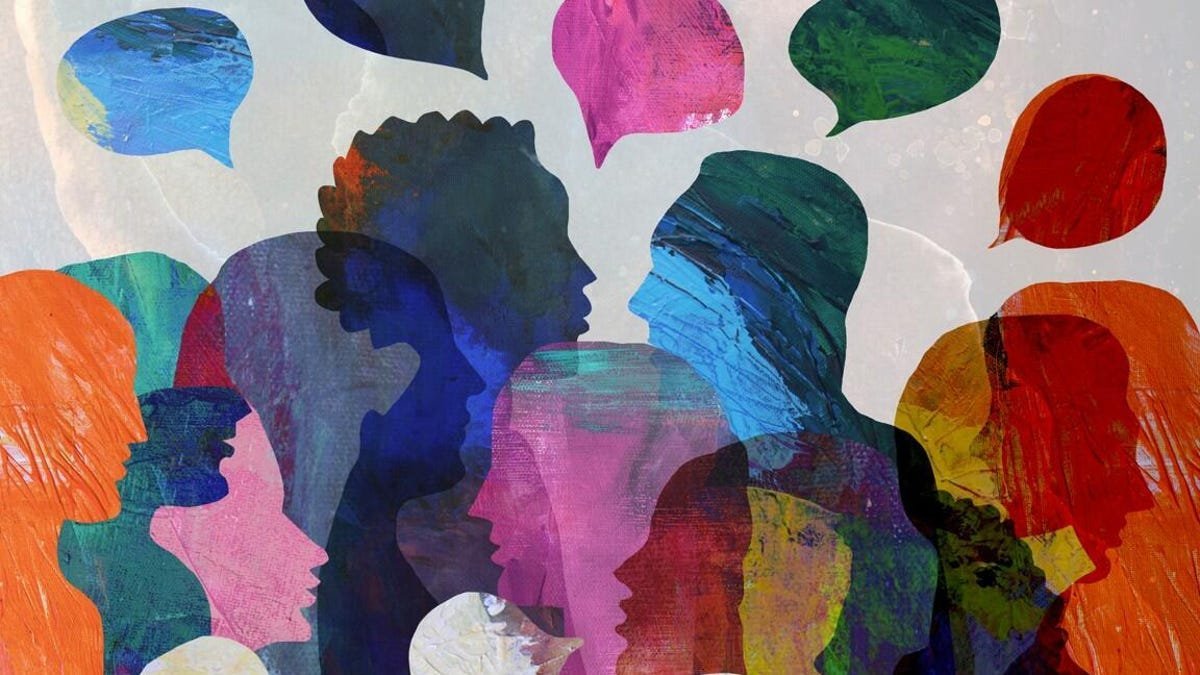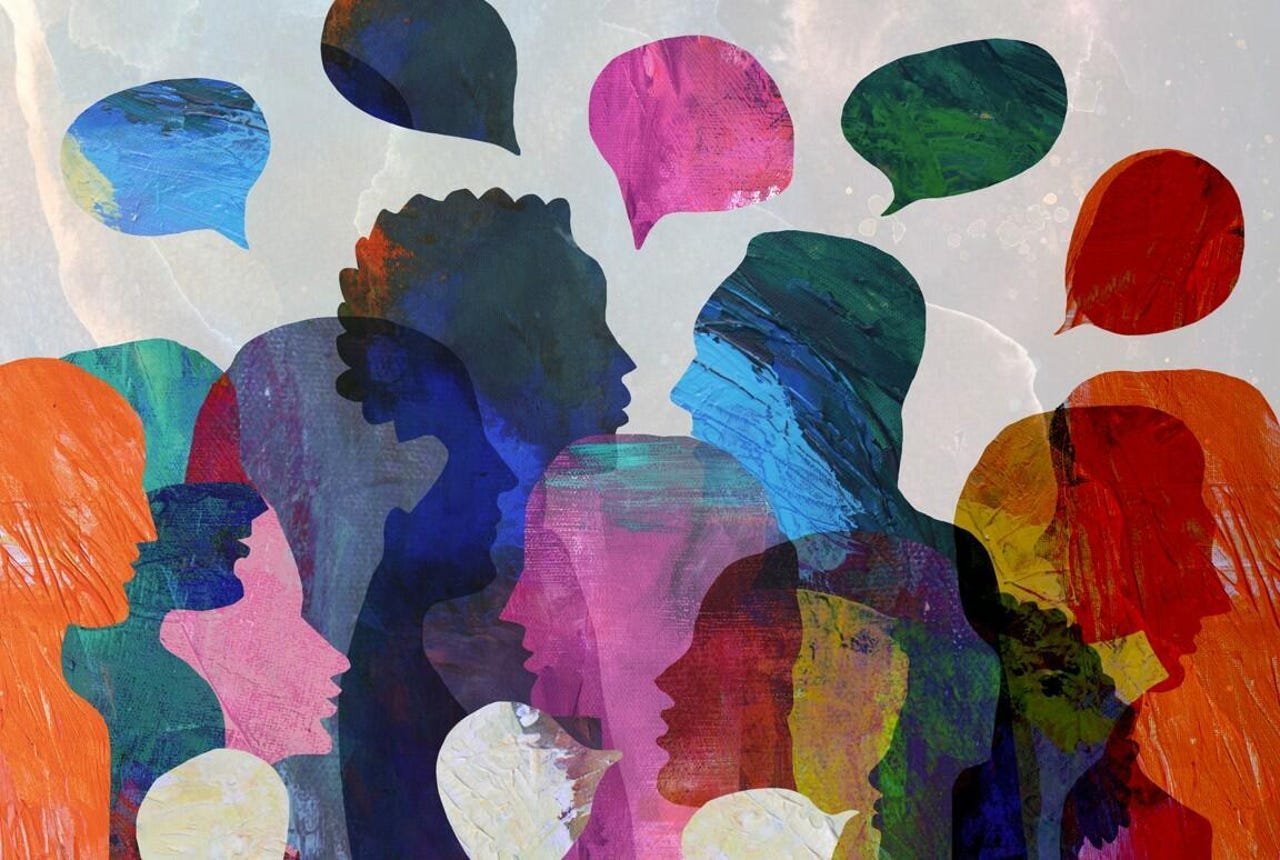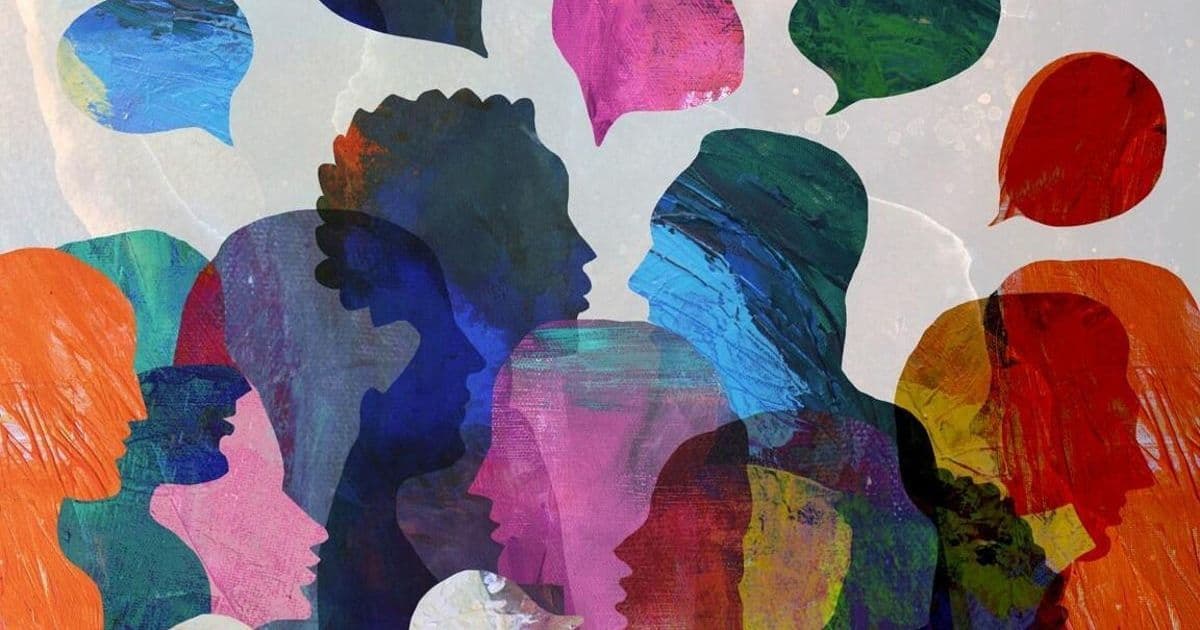OpenAI has launched an experimental group chat feature for ChatGPT, allowing up to 20 users to collaborate with the AI in shared conversations. Currently limited to select regions, this pilot aims to embed AI deeper into everyday group interactions, from vacation planning to workplace brainstorming. By adapting its responses to group dynamics, ChatGPT could redefine how teams leverage AI for efficient, real-time collaboration.
OpenAI Brings ChatGPT to Group Chats: A Collaborative Leap for AI-Assisted Decision Making
AI has long been a personal companion, but OpenAI is pushing the boundaries by inviting it into the chaos of group conversations. On November 14, 2025, the company announced an experimental group chat feature for ChatGPT, enabling up to 20 users to interact with the chatbot in a single, shared thread. This move transforms ChatGPT from a solo advisor into a collaborative partner, potentially streamlining group decision-making in both personal and professional settings.

Currently, the feature is in a limited pilot phase, accessible only to Free, Go, Plus, and Pro users in Japan, New Zealand, South Korea, and Taiwan via web and mobile platforms. OpenAI describes this as "a small first step toward shared experiences in ChatGPT," with plans to expand based on early feedback. For developers and tech teams, this could signal a new era of AI integration in collaborative tools, where chatbots actively participate without overwhelming the conversation.
Why Group Chats with AI Matter
At its core, this feature aligns with OpenAI's vision of making ChatGPT a ubiquitous AI assistant embedded in daily life. Imagine a team of engineers troubleshooting a deployment issue in real-time: instead of switching tabs to query an AI individually, the entire group can ping ChatGPT for code suggestions or explanations. Or consider a product management huddle deciding on feature priorities—ChatGPT could synthesize inputs and propose balanced options, keeping discussions productive.
The practicality shines in scenarios requiring quick consensus. For instance, a group planning a trip could leverage ChatGPT for itinerary recommendations tailored to collective preferences, pulling from vast datasets without manual research. In workplaces, it echoes OpenAI's recent "shared projects" mode from September 2025, which secures team interactions with the AI. As remote and hybrid work persists, tools like this could reduce meeting fatigue by automating information synthesis, allowing humans to focus on creative problem-solving.
However, the real innovation lies in ChatGPT's adapted behavior. Unlike one-on-one chats where it's chatty and proactive, in groups it "follows the flow," responding only when referenced (e.g., by saying "ChatGPT, what's the best approach here?") or when contextually relevant. This design prevents it from dominating discussions, respecting group etiquette. Developers building similar AI features might note how this context-aware responsiveness—powered by GPT-5.1 Auto, which dynamically selects the optimal model—could inspire more nuanced multi-user AI systems.
Privacy and Etiquette in Shared AI Spaces
OpenAI has thoughtfully addressed potential pitfalls. Individual user "memories"—personal details accumulated from past interactions—aren't carried over to group chats, safeguarding privacy in mixed settings like work-and-personal groups. Future updates may include customizable memory options, letting users control what the AI recalls. Additionally, if anyone under 18 joins, ChatGPT automatically tones down sensitive content for the entire chat, prioritizing safety.
These safeguards are crucial as AI enters social dynamics. For tech leaders, they highlight the need for robust data controls in collaborative AI tools, especially under regulations like GDPR. While competitors like Meta experiment with proactive AI initiators, OpenAI's restrained approach could set a standard for balanced integration, avoiding the "uncanny valley" of over-eager bots.

Accessing the Experimental Feature
For those in eligible regions, starting a group chat is straightforward: tap the icon in the top-right corner (a person with a plus sign), add participants via a shareable link, and everyone sets up a quick profile with name, username, and photo. Chats appear in a dedicated sidebar section, making them easy to manage. Under the hood, GPT-5.1 Auto powers the experience, adapting model selection for efficient, context-specific responses.
As OpenAI iterates based on pilot data, this feature could evolve into a cornerstone for AI-driven collaboration platforms. For developers, it underscores the growing demand for APIs that support multi-user interactions, potentially influencing tools like Slack bots or Microsoft Teams integrations. In a world where group chats are the lifeblood of coordination, embedding AI like ChatGPT doesn't just add convenience—it amplifies collective intelligence, turning casual threads into powerful idea engines.

Comments
Please log in or register to join the discussion